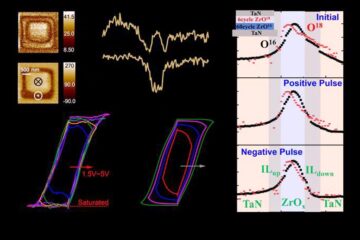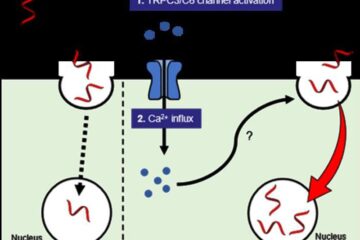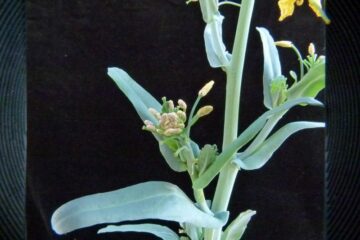Modern day scourge helped ancient Earth escape a deathly deep freeze

In their review for Nature Geoscience, UK scientists claim that the Earth never froze over completely during the Cryogenian Period, about 840 to 635 million years ago.
This is contrary to the Snowball Earth hypothesis, which envisages a fully frozen Earth that was locked in ice for many millions of years as a result of a runaway chain reaction that caused the planet to cool.
What enabled the Earth to escape from a complete freeze is not certain, but the UK scientists in their review point to recent research carried out at the University of Toronto. This speculates that the advancing ice was stalled by the interaction of the physical climate system and the carbon cycle of the ocean, with carbon dioxide playing a key role in insulating the planet.
The Toronto scientists say that as Earth’s temperatures cooled, oxygen was drawn into the ocean, where it oxidized organic matter, releasing the greenhouse gas carbon dioxide into the atmosphere.
The review’s lead author, Professor Phillip Allen, from Imperial College London’s Department of Earth Science and Engineering, says that something must have kept the planet’s equatorial oceans from freezing over. He adds:
“In the climate change game, carbon dioxide can be both saint and sinner. These days we are so concerned about global warming and the harm that carbon dioxide is doing to our planet. However, approximately 600 million years ago, this greenhouse gas probably saved ancient Earth and its basic life forms from an icy extinction.”
Professor Allen, whose previous research has found evidence demonstrating hot and cold cycles in the Cryogenian period, says a plethora of papers has been published and much debate has been devoted to the Snowball Earth theory since it was originally proposed. He says:
“Sedimentary rocks deposited during these cold intervals indicate that dynamic glaciers and ice streams continued to deliver large amounts of sediment to open oceans. This evidence contradicts the Snowball Earth theory, which suggests the oceans were frozen over. Yet, many scientists still believe Snowball Earth to be correct.”
Professor Allen hopes his review in Nature will prompt climate modellers to realign their thinking about the Cryogenian period and review their models to reflect a warmer Earth during this time. He adds:
“There is so much about Earth’s ancient past that we don’t know enough about. So it is really important that climate modellers get their targets right. They need to build into their calculations a warmer planet, with open oceans, despite lower levels of solar radiation at this time. Otherwise, climate models about the Earth’s distant past are aiming for a target that never existed.”
Media Contact
More Information:
http://www.imperial.ac.ukAll latest news from the category: Earth Sciences
Earth Sciences (also referred to as Geosciences), which deals with basic issues surrounding our planet, plays a vital role in the area of energy and raw materials supply.
Earth Sciences comprises subjects such as geology, geography, geological informatics, paleontology, mineralogy, petrography, crystallography, geophysics, geodesy, glaciology, cartography, photogrammetry, meteorology and seismology, early-warning systems, earthquake research and polar research.
Newest articles

Evidence for reversible oxygen ion movement during electrical pulsing
…enabler of the emerging ferroelectricity in binary oxides. In a recent study published in Materials Futures, researchers have uncovered a pivotal mechanism driving the emergence of ferroelectricity in binary oxides….

Next-generation treatments hitch a ride into cancer cells
Researchers from Osaka University discover that opening a channel into cancer cells helps antisense oligonucleotide drugs reach their targets. Antisense oligonucleotides (ASOs) are next-generation drugs that can treat disease by…

Boron deficiency: oilseed rape reacts as with infection and pest infestation
Genetic mechanisms uncovered… Boron deficiency has a devastating effect on oilseed rape and related plants. However, little is known about the underlying genetic mechanisms. A study shows that the response…




















